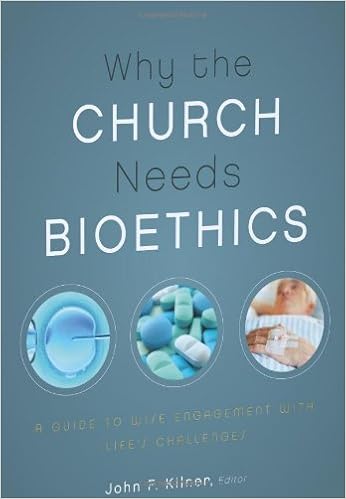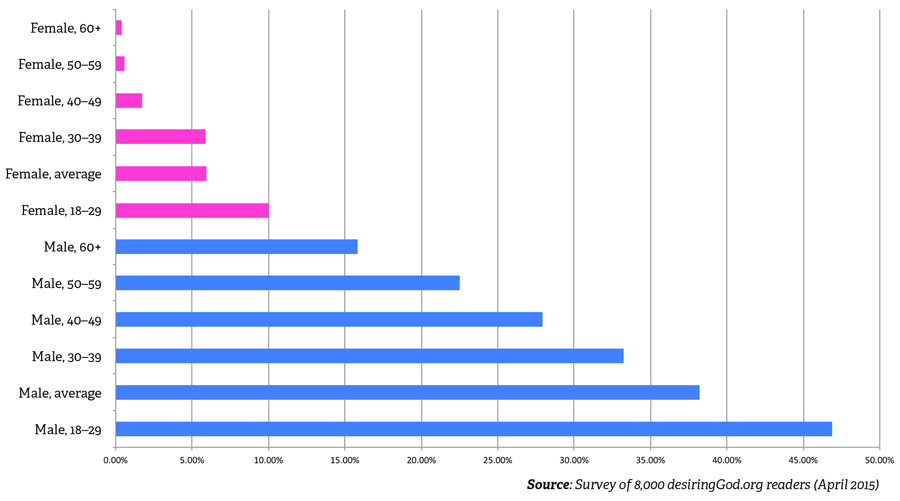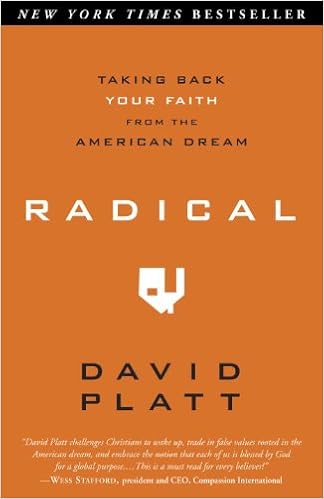Mary Kills People’ is a Canadian TV series set around the life of Dr. Mary Harris, an overworked single mother and ER doctor who also moonlights as an underground angel of death – working outside the law assisting patients who want to die on their own terms. The story follows Mary who has managed to stay under the radar but business is booming, and her double life is getting complicated.
It’s too early to see how popular (or not) this television series will be as it only aired its first show January 28, 2017, but the cultural move to accept assisted suicide is gaining momentum. If that’s the case then it won’t be very long until many, if not all of us, will be faced with the option of assisted suicide in our own lives or at least with someone close to us.
To purchase this great resource click here
Proponents of assisted suicide contend that this ‘right’ allows the patient to leave this earth with dignity, save their families from financial ruin, and relieve them of insufferable pain. They claim that giving competent, terminally-ill adults this necessary right is to give them the autonomy to close the book on a life well-lived.
Those opposed come back with arguments that say that assisted suicide endangers the weak and vulnerable, gives societal approval to killing, pressures dying people to end their own lives, and potentially turns doctors into killers, as former US Surgeon General C. Everett Koop alluded to, when he warned that the practice of medicine “cannot be both our healer and our killer” – (KOOP, The Memoirs of America’s Family Doctor by C. Everett Koop, M.D., Random House, 1991).
The fact remains however that we are living in a day and an age which is sometimes referred to as a “culture of death.” Abortion on demand has been practised for decades and even some are seriously proposing infanticide. Now assisted suicide is being presented as a viable option to be embraced in society.
Understandably it is not easy to broach this subject with someone who is suffering and sees death as a release. The truth is that death is an unnatural ripping apart of body and spirit, so of course there will be strong emotions and opinions one way or the other and endless positions in between. But it is important to not solely choose our ‘position’ based on sympathy or empathy, we must also consider what the word of God says about life along with considering where assisted suicide will (potentially) lead as well as begin to grasp just how God’s sovereignty fits into all this.
1) God’s Word must be considered
The word of God tells us clearly that life is a gift from God. Adam became a living being by the breath of God. “Then God said, ‘Let us make man in our image, after our likeness. And let them have dominion over the fish of the sea and over the birds of the heavens and over the livestock and over all the earth and over every creeping thing that creeps on the earth.’ So God created man in his own image, in the image of God he created him; male and female he created them.” – Genesis 1:26-27
Since life is a gift to mankind it is then clear that life belongs to God. In other words we mortals do not have absolute autonomy over our own lives but are stewards of the life given to us by God. That being the case it means then that the lives of all humans, both their own and others’, need to be valued and protected. Consequently, the person who takes the life of another will be held accountable. The sixth commandment, “You shall not murder.” – Exodus 20:13 is clear about this.
This focus on death as an answer to the world’s problems is a total reversal of the biblical model. Death is called an enemy that will be destroyed, “The last enemy to be destroyed is death.” – 1 Corinthians 15:26 and throughout scripture it is presented as a curse. On the other hand, it doesn’t take long to read in the scriptures (Genesis 2:7) that life is a sacred gift from God. It’s quite clear that assisted suicide spurns the gift while embracing the curse.
2) Societal consequences must be considered
Not only are there biblical considerations, there are also societal considerations. In countries where assisted suicide has been made legal, euthanasia (different from assisted suicide in that a doctor directly acts – such as via lethal injection) has expanded in a way that was unpredicted when they began. The number of “mercy killings” in Belgium rose 27 percent in 2014, to five killings per day on average. Belgium also allows terminally ill children of any age to request to be euthanized.
In due course someone has to decide who can choose to die and many questions will need to be raised in the process. Who should be included; children, the mentally ill, those physically disabled? Only those who are terminal, what about those who aren’t terminal but aren’t enjoying a certain quality of life (& who deems what level of quality is acceptable)? Should the cost to our medical system of keeping someone alive become a factor in determining whether they should be allowed to die? When Britain was considering assisted-suicide legislation, Dutch ethicist Theo Boer reportedly told the House of Lords, “Don’t do it, Britain. . . . Some slopes are truly slippery.”
3) God’s sovereignty must be considered
If we believe that God is merely an uninterested force or deity in our day to day lives then there is no need to submit to his (or its) non-existent plan. However if we believe in a God who is active in the lives of mankind, is in control over the affairs of history, and is in fact is seeking our very best with a plan to renew a lost relationship with him, then we can trust what he says about life and death and about the circumstances we find ourselves in.
Death is inevitable for us mere mortals. Of course, allowing death to occur naturally in a terminally ill person is not necessarily wrong, but actively hastening death is. Beginning to understand God’s sovereignty is an opportunity to learn to trust him. In the end, God alone is sovereign over when and how a person’s death occurs. “I know you will bring me down to death, to the place appointed for all the living.”- Job 30:23. And, “No man has power over the wind to contain it; so, no one has power over the day of his death.” – Ecclesiastes 8:8.
It’s a tough assignment to speak up against society’s move toward assisted suicide. Those conversations we have with coworkers in the lunch room are often clouded by the emotion we share: sympathy for people facing terminal illnesses. We don’t want them to suffer and in fact want to help. But the truth remains, choosing suicide at any point is the same sin Adam and Eve committed in the garden: the pride of wanting to be (like) God. Ultimately, assisted suicide is another way that man attempts to usurp authority from God, but if you are one of those (as I am) who believe in the sovereignty of God and in his word to direct our choices, then we can only come to the conclusion that God must be the one to have the final say over death.






